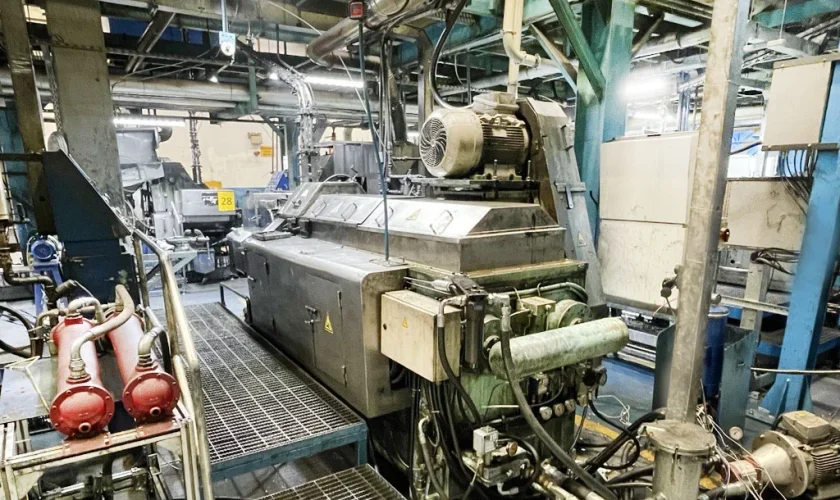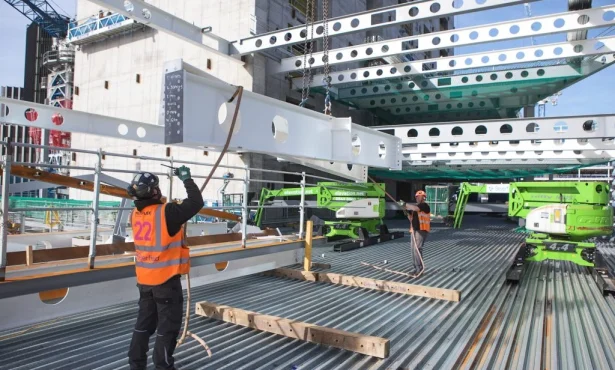Aluminium cans are one of the best forms of packaging when it comes to sustainability. The key reason for this is that aluminum as a material retains its quality each time it is reprocessed which means it can be transformed back into itself an infinite number of times, unlike plastic.
As both companies and individuals work to reduce their impact on the environment, can making factories are looking to maximise efficiency to meet demand, and the Farrat team has been at a beverage can production factory in Turkey to investigate excessive machine vibrations that are creating production challenges.
In this instance, the bodymakers were transmitting excessive vibrations to the surrounding factory floor, and this in turn was causing quality issues in nearby machines. Whilst the quality of manufacturing was the key issue to address, the vibrations were also affecting the work environment for those working on-site, with excessive noise in the office area.
A member of our Industrial Vibration Control team went across to the factory to investigate behaviour of machines under vibrations and the wider applications engineering team is now analysing the results to propose corrective action.
Corrective action that resolves issues long term is vital not just for the immediate problem, but also to prevent premature wear of tooling and significantly improve life span of the machinery.
Find out more about industrial vibration control
To find out more about the types of industrial vibrations found in factories and manufacturing plants, and some of the ways in which you can control vibrations to maximise efficiency and minimise disruption, watch our 10-minute digital CPD module on Vibration Control of Machinery.
For more information on how we add value in beverage can production, visit Farrat’s can making hub, dedicated to the can making industry, vibration control solutions that help achieve operational excellence in beverage can manufacturing, and recent case studies within the industry.








